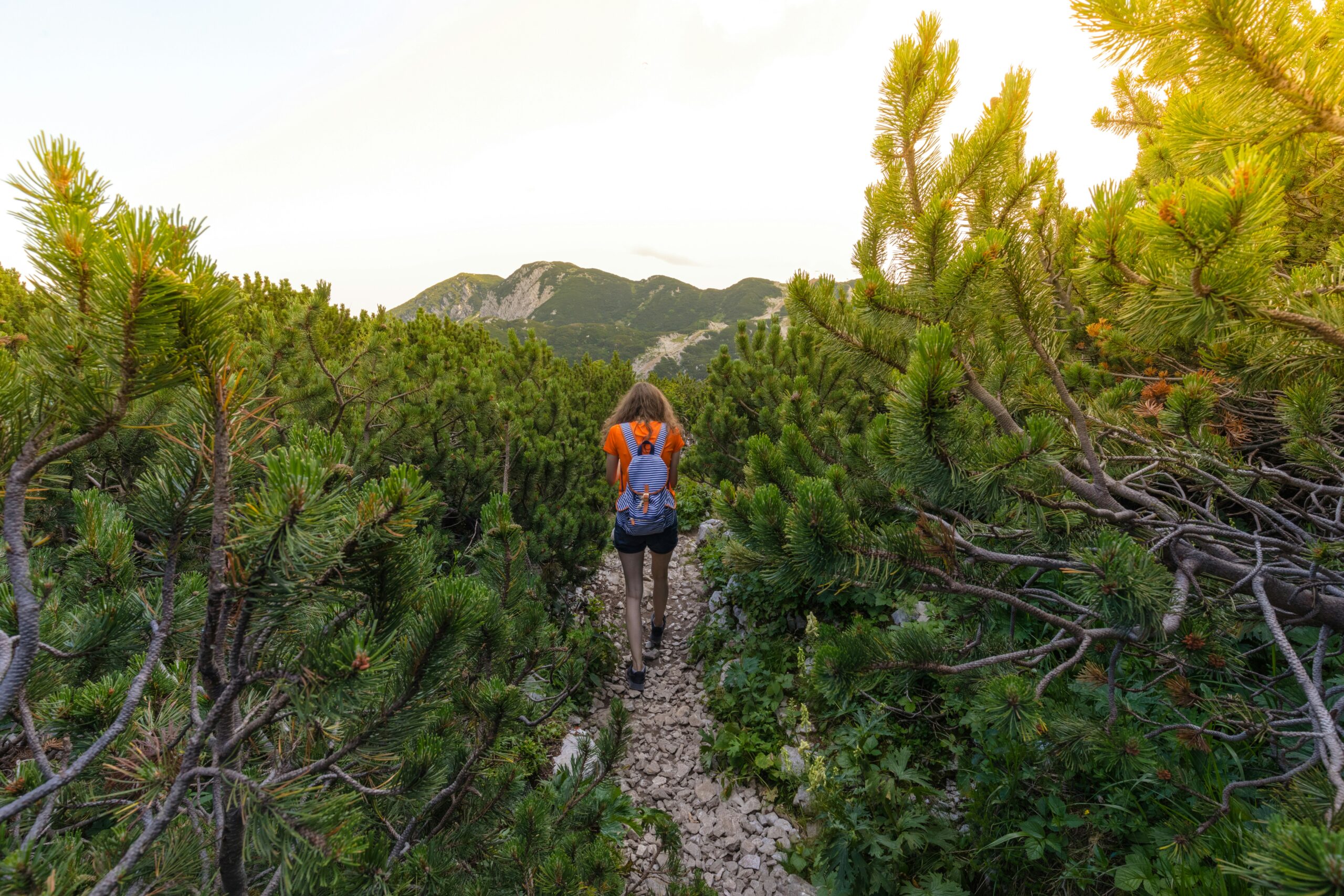
A Natural Escape From Stress
Modern life often feels like a whirlwind of screens, notifications, and relentless obligations. For many people, stress has become a daily companion, quietly wearing away at mental resilience. While meditation, therapy, and medication are valuable tools for mental health, there’s another simple, accessible practice offering significant psychological benefits: hiking. Stepping onto a trail, surrounded by rustling leaves and mountain vistas, can bring a deep sense of peace that’s hard to find elsewhere. Hiking not only removes us physically from our urban worries but also calms the mind through natural sensory engagement. The rhythm of footsteps on dirt paths, the rustle of branches overhead, and the scent of pine or earth can be profoundly grounding. Studies show that spending time in nature reduces cortisol levels—the hormone linked to stress—and fosters feelings of relaxation and rejuvenation.
Boosting Mood and Battling Depression
Depression and anxiety affect millions of Americans each year, often leaving individuals feeling stuck or disconnected. Hiking provides a unique way to combat these conditions by combining physical movement with natural surroundings. Exercise alone releases endorphins, those “feel-good” chemicals that elevate mood and energy. However, hiking’s impact goes deeper than a treadmill session or spin class. Immersing oneself in nature helps break the cycle of rumination—a pattern of negative thought loops that often worsen depression. Researchers have found that people who walk in natural environments experience reduced activity in the brain areas associated with repetitive, negative thoughts. This doesn’t mean hiking replaces therapy or medication, but it can be a powerful complementary tool in maintaining mental wellness.
Beyond biochemical effects, hiking fosters a sense of accomplishment. Reaching a scenic overlook, navigating rocky paths, or simply completing a trail brings feelings of achievement and self-efficacy. For individuals battling low self-esteem or hopelessness, these small victories build confidence. Even modest hikes create a sense of progress, which is crucial for those struggling to find motivation.
Sharpening Focus and Mental Clarity
Many people notice that after a hike, their minds feel clearer and more focused. The mental fatigue brought on by constant decision-making, digital distractions, and multitasking can leave us drained. Hiking offers a gentle reset for the brain. Away from city noise and screens, the mind can wander, rest, and recharge. This mental “unplugging” is part of what scientists call attention restoration. Natural environments engage our attention effortlessly but without the intense focus that urban life demands. Instead of battling traffic or juggling emails, the brain is lightly stimulated by birdsong, sunlight filtering through trees, or the sound of a stream. This allows cognitive resources to replenish, improving concentration and problem-solving skills afterward.
Many creative professionals, writers, and innovators swear by nature walks as essential to their process. Hiking can unlock new ideas or solutions that seemed elusive at a desk. Whether it’s the gentle physical movement or the beauty of the surroundings, nature seems to coax creativity to the surface.
Strengthening Connections and Combating Loneliness
Although hiking can be a solo pursuit, it’s also a powerful social activity. Loneliness and social isolation have been linked to higher risks of depression, anxiety, and cognitive decline. Joining a hiking group or inviting a friend along turns exercise into a shared adventure. Walking side by side often encourages more relaxed, open conversation than sitting face-to-face, easing social anxiety and fostering connection.
Even brief exchanges with fellow hikers on the trail can offer a sense of community. A friendly greeting, a tip about trail conditions, or a shared appreciation of the scenery reminds us that we’re part of a larger world. These small interactions contribute to emotional well-being and reduce feelings of isolation.
A Mindful Practice Accessible to Many
Hiking is remarkably inclusive. Unlike some sports that require special equipment or significant expense, hiking can be as simple as finding a local park trail and wearing comfortable shoes. The accessibility of hiking makes it a mental health resource available to people across income levels and backgrounds. For those living in urban areas, city parks, green belts, and waterfront paths offer similar benefits, even if they’re not deep wilderness trails.
Hiking also lends itself naturally to mindfulness. As hikers move through changing landscapes, they become attuned to the details around them—the crunch of gravel, the warmth of sunlight, or the cool breeze through trees. These moments pull attention away from worries and anchor awareness in the present. Mindfulness has been shown to decrease anxiety, lower blood pressure, and increase resilience to stress.
A Lifelong Path to Mental Wellness
Perhaps one of hiking’s greatest strengths is its sustainability as a lifelong practice. Unlike high-impact sports that might become difficult with age, hiking can be adapted for varying fitness levels. Short, gentle walks offer mental health benefits just as longer treks do. As people age, maintaining mental health becomes even more important, and hiking provides a natural way to stay active, engaged, and emotionally balanced.
Hiking also reconnects us with a sense of wonder. In a world obsessed with productivity and speed, pausing to admire a wildflower, listen to distant thunder, or watch mist drift over hills is profoundly healing. These small moments remind us that we’re part of something bigger—a perspective that helps keep daily worries in check.
Hiking isn’t simply exercise; it’s a form of therapy, meditation, and joyful exploration rolled into one. Whether tackling a mountain peak or strolling through a quiet forest, the benefits extend far beyond physical fitness. For anyone seeking greater mental clarity, reduced stress, and emotional balance, the trail may hold the answer. Nature’s path, after all, often leads us back to ourselves.